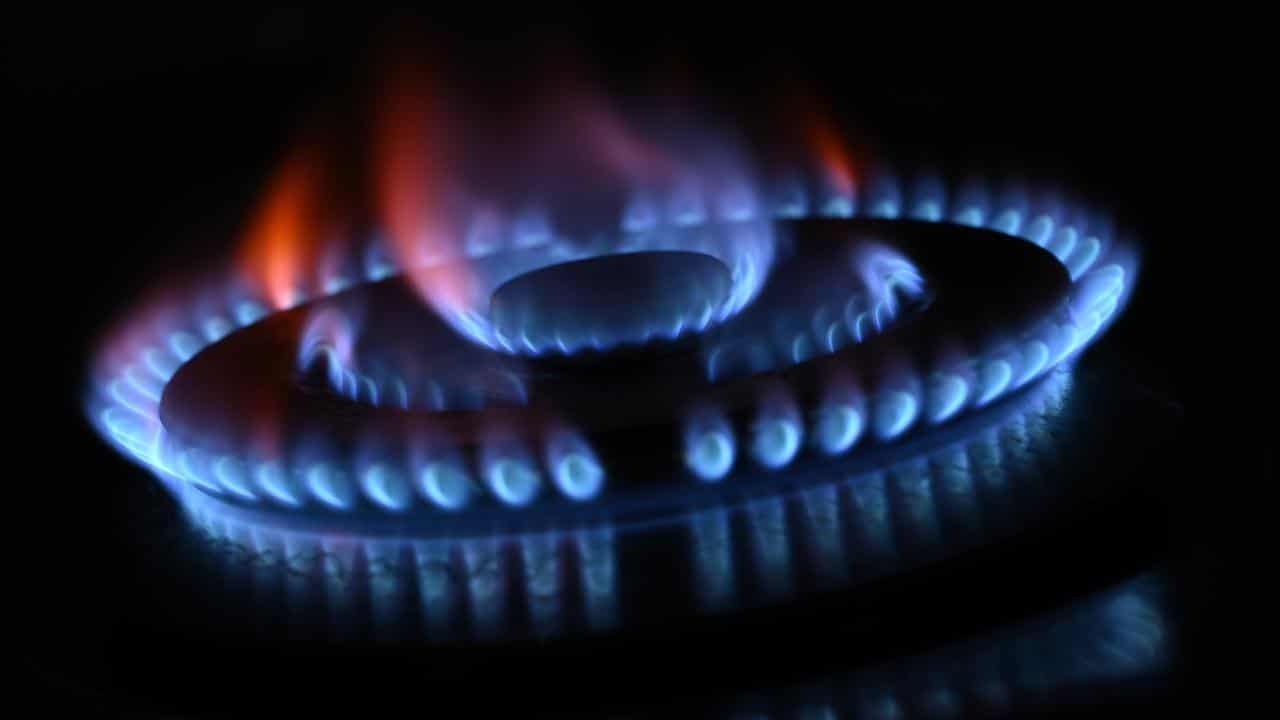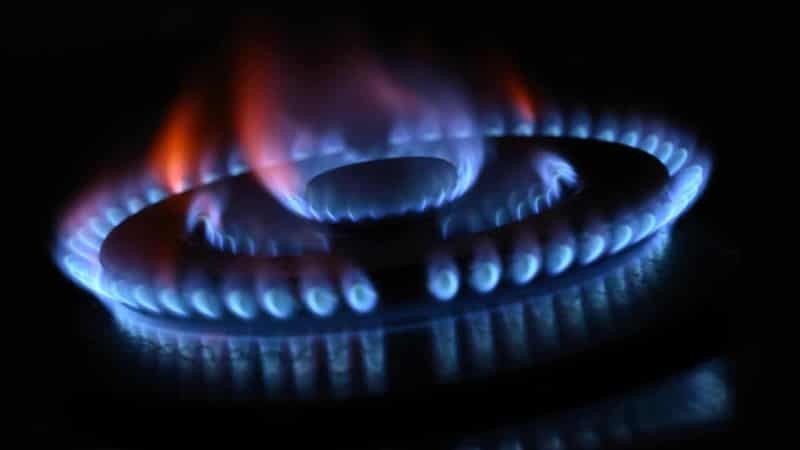
Electrification and export controls for east coast gas would reserve "finite and precious gas resources" for heavy industries and save hundreds of thousands of jobs, a union says.
A report to be released at Parliament House in Canberra on Wednesday was commissioned by the Australian Manufacturing Workers' Union and Lock the Gate Alliance, with local industries threatened by a gas shortfall and stubbornly high energy bills.
It calls for ministerial consent for all new gas export contracts based on a national self-sufficiency test.
A boost to funding for state and territory household electrification initiatives and accelerating the renewable energy and battery storage rollout would remove the need for future increases in gas-powered electricity generation, the report found.

Union boss Steve Murphy said there was a clear national interest in ensuring that local manufacturing industries were supported as the world decarbonises.
Under scenarios in the report, east coast wholesale gas expenses could fall by at least $2.5 billion by 2035, cutting greenhouse gas emissions by more than 11 million tonnes each year.
"It is clear to us that the interests of gas companies are cutting across the interests of Australian workers, Australian industry, our rightful place as the leader in our region for a fair and just industrial transition," Mr Murphy said.
"Australia must prioritise our finite and precious gas resources to support the industries that employ hundreds of thousands of highly skilled workers and that underpin every aspect of Australian life."
The report accuses the Australian gas industry of "predatory" pricing and found at least 90 per cent of industrial gas use could be electrified or re-gassed with green hydrogen.
The analysis identified industrial gas demand that could be easily reduced, and which sectors needed more time to decarbonise, according to report author Tom Quinn of Springmount Advisory.
"At heart, this is about energy independence for Australia’s manufacturing sector, which has been under strain as a result of the high prices and volatile supply brought on by LNG exports," he said.
The report calls for restricting the sale of uncontracted gas for export to address short term shortage concerns, while the electrification or phase down of two of the three east coast LNG facilities by 2035 could reduce domestic gas demand by 79 petajoules.
Lock the Gate Alliance spokeswoman Georgina Woods said the LNG export industry was draining domestic gas supplies and increasing energy bills.
"Australia doesn't have a gas shortage, but it does have a chronic failure to put the national interest ahead of the interests of wealthy gas companies," she said.
"Rural communities are being pushed to accept damage to farms and water resources from unconventional gas to supposedly fix a problem the gas companies created."









